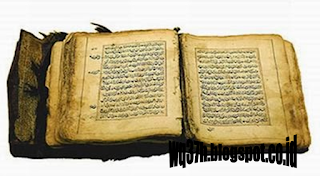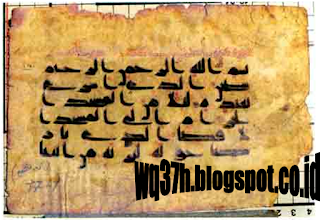HISTORY AND IN THE PROPHETS

CHAPTER II DISCUSSION TAJWID A. HISTORY AND IN THE PROPHETS qira'at Prophet Muhammad recite the Quran to his Ubay ibn Ka'b at God's command to teach and demonstrate the correct way to read, places waqof and form songs. This was deemed necessary because the Shari'ah has restricted songs that can be used when reading the Qur'an. For the use of the song in reading the Qur'an can affect the psyche of a person who read it. Science recitation various terms that are inside theoretically it is written not recovered in The Prophet. The Prophet himself instructed to read the Quran with Tajweed and hymn as referred to in paragraph 4, Surah al-Muzammil: ورتل القرآن ترتيلا ...... "... ..Bacalah Quran with tartil (slowly)." Then he saw these verses teach to their friends and reading pornographic. Sayyidina Ali R.A. When asked about whether the purpose of reading the Quran for tartil it?, he said, "is a reference to smarten reading or pronouncing each


